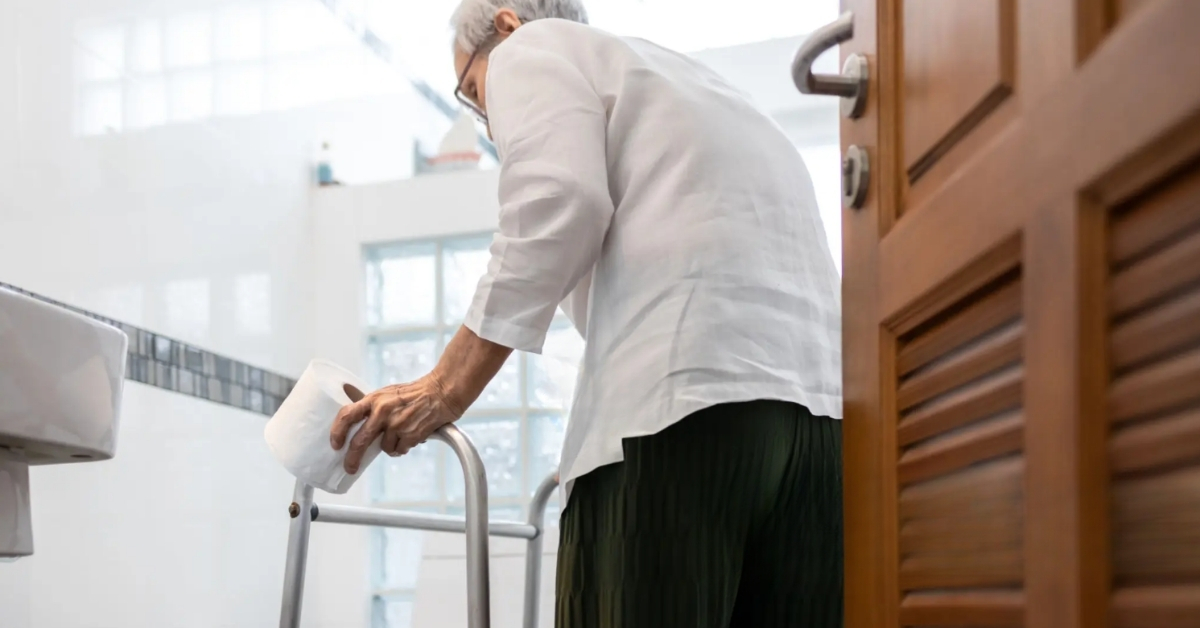The 5 Biggest Incontinence Triggers
Posted by Wearever on February 21, 2024
Avoiding the Biggest Incontinence Triggers
Urinary incontinence is the uncontrollable, sporadic leakage of urine due to a weakened urinary sphincter. Though this problem is widely known for to be a problem for the elderly, it’s actually an issue for millions of men and women across a spectrum of age groups. Unfortunately, living with urinary incontinence can be a daily battle that drastically affects one’s quality of life.
Let’s take a look at the 5 biggest incontinence triggers and how to avoid them.
1. Obesity
According to the NHS (National Health Service), obesity is a huge trigger in stress incontinence. The excess weight that is carried around by those who are obese has the ability to place a lot of pressure on one’s already weakened bladder. With extra pressure, the weakened bladder is more inclined to release urine in order to relieve the stress that’s being placed on it.
Losing weight, regimenting your diet, and taking part in daily exercise can do wonders in relieving stress incontinence due to obesity.
2. Alcohol
In many cases, consuming alcohol can be a major contributor to urge incontinence. Alcohol has the ability to stimulate the detrusor muscles--the group of muscles found in the wall of the bladder--to contract too often, leading to leakages.
Drinking less alcohol can help to alleviate the symptoms of urge incontinence.
3. Lack of Fluids
Not drinking enough fluids on a regular basis--though it sounds counterintuitive--can be a major factor in incontinence. Without fluids like water to flush out the urine in your system, a build of very strong, concentrated urine can occur, irritating one’s bladder significantly. You can prevent this by using trusty incontinence clothing.
4. Medications
If you read the label on some medications, you will notice that sometimes, some of the symptoms result in overactivity of the bladder. Many medications have the ability to disorder the regular process of passing and storing urine in one’s body; it even has the ability to increase urine production. Some medications that cause these symptoms include ACE inhibitors, antidepressants, sedatives, hormone replacement therapy meds, and diuretics.
If you suffer from incontinence and use the medications listed above, talk to your doctor to see what your best course of action would be.
5. Constipation
This is another popular trigger for urge incontinence due to its ability to cause a blockage in the bladder. To help ease the symptoms of constipation without using a diuretic, be sure to eat plenty of fiber, drink plenty of fluids, and keep active.
At Wearever, we strive to make life easier for those that suffer with incontinence. Our incontinence panties, incontinence briefs, and reusable bed pads are quality products that you can rely on for sturdy protection.
If you are noticing signs of incontinence that are unrelated to the above factors, be sure to contact your doctor for more information and for a more specific treatment plan.

